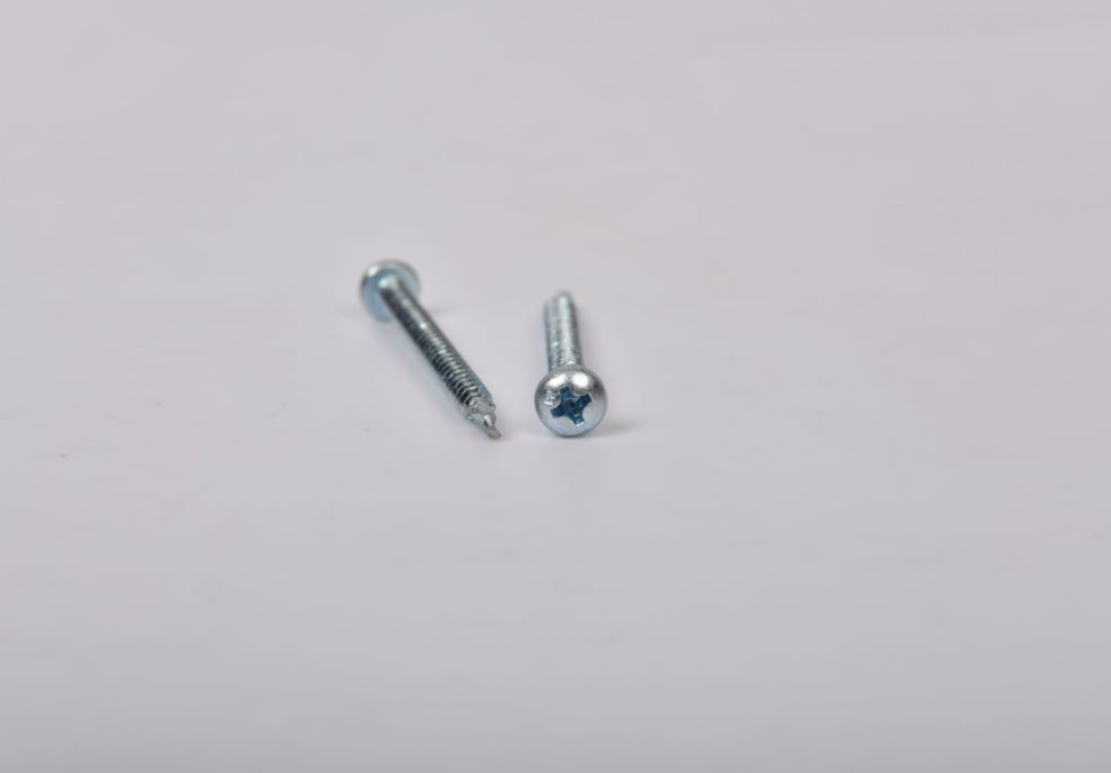custom 1/2 flat washer dimensions
Understanding Custom 1/2 Flat Washer Dimensions
In the world of hardware and engineering, precise specifications are essential for the successful design and assembly of various components and machinery. Among these components, the flat washer plays a crucial role in distributing loads, reducing friction, and providing a smooth surface for fastening applications. This article will focus on the dimensions of a custom 1/2 flat washer, exploring its significance in various applications and the factors to consider when designing or selecting one.
What is a Flat Washer?
A flat washer is a disk-shaped piece of hardware that is placed between a nut and a bolt or screw, or between other components, to distribute weight and prevent damage to the surface of the material being fastened. The washer can also help in preventing loosening due to vibration, providing a stable and secure fit. Flat washers come in various sizes, materials, and designs, but here, we will concentrate on the custom 1/2 inch flat washer.
Dimensions of a 1/2 Flat Washer
The dimensions of a flat washer are typically defined by three main parameters the diameter of the hole, the outer diameter, and the thickness. For a custom 1/2 flat washer, these specifications can vary based on the specific requirements of the application.
1. Inner Diameter (Hole Diameter) For a 1/2 flat washer, the inner diameter is typically designed to fit a 1/2 inch bolt or screw. This means that the hole diameter of the washer will be slightly larger than 1/2 inch, often around 0.53 inches to allow for easy installation without being loose.
2. Outer Diameter The outer diameter of a flat washer is critical as it determines how much surface area will be available to distribute the load. For a custom 1/2 inch flat washer, the outer diameter can vary significantly depending on the manufacturer's specifications and applications. Common outer diameters can range from 1 inch to 1.5 inches. This variability allows engineers to select a washer that best suits their assembly needs.
3. Thickness The thickness of a washer also plays an important role in its functionality. A thicker washer can provide more resistance against deformation under load, while a thinner washer can be useful where space constraints are a concern. Custom washers can come in various thicknesses, from around 0.060 inches to more than 0.125 inches, depending on the intended use.
Material Considerations
custom 1/2 flat washer dimensions

When designing or ordering a custom 1/2 flat washer, the material is also a key factor. Common materials used for flat washers include
- Steel Often used for its strength and durability, steel washers can be treated or coated to resist corrosion
.- Stainless Steel A preferred choice for applications requiring resistance to rust and oxidation, stainless steel washers offer longevity and robustness.
- Plastic Nylon or other synthetic materials can be used for applications where electrical insulation is necessary or where corrosion is a concern.
Each material has its unique properties that affect the performance of the washer under various conditions, including temperature fluctuations, exposure to chemicals, and mechanical stress.
Customization and Application
The term custom in custom 1/2 flat washer dimensions emphasizes the need for washers that meet specific requirements not covered by standard sizes. Customization may involve adjusting the diameter, thickness, or material based on load demands, environmental factors, or particular design criteria.
For example, in aerospace applications, flat washers may need to be made from lightweight materials while still providing adequate strength. In the automotive industry, the focus might be on using materials that can withstand high heat and exposure to oils.
Conclusion
Custom 1/2 flat washers are pivotal components in many mechanical assemblies. Understanding their dimensions—inner diameter, outer diameter, and thickness—is essential for selecting the right washer for any given application. Moreover, considering the material based on the specific needs highlights the importance of precision in engineering. This knowledge equips engineers and designers to make informed decisions that enhance the performance and reliability of their products, ensuring successful outcomes in their respective fields.
-
Top Choices for Plasterboard FixingNewsDec.26,2024
-
The Versatility of Specialty WashersNewsDec.26,2024
-
Secure Your ProjectsNewsDec.26,2024
-
Essential Screws for Chipboard Flooring ProjectsNewsDec.26,2024
-
Choosing the Right Drywall ScrewsNewsDec.26,2024
-
Black Phosphate Screws for Superior PerformanceNewsDec.26,2024
-
The Versatile Choice of Nylon Flat Washers for Your NeedsNewsDec.18,2024










